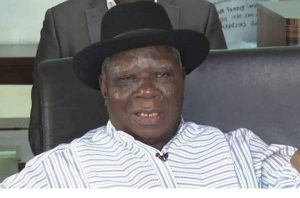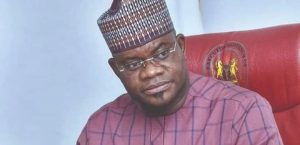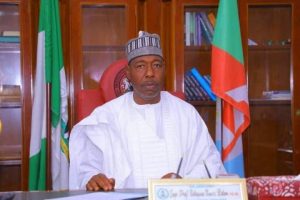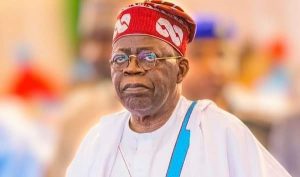Fuel Subsidy Goes To The Rich; That’s Why We Asked Nigerian Government To Remove It — IMF
The International Monetary Fund (IMF) has allocated a significant sum of $58 billion to African countries in response to the challenges posed by the COVID-19 pandemic and has pledged to provide further assistance. During the ongoing IMF and World Bank spring meetings in Washington DC, Abebe Selassie, Director of the IMF African Department, shared insights into the organization’s stance on various economic policies, particularly fuel subsidies in Nigeria.

Selassie emphasized the IMF’s recommendation to the Nigerian government to phase out fuel subsidies, citing concerns about the regressive nature of such subsidies. He explained that subsidies disproportionately benefit the wealthy, who tend to own large vehicles and homes, while the poor and vulnerable segments of society bear the brunt of the costs. By reallocating resources currently spent on subsidies towards social protection programs, Selassie argued, the government could better address the needs of the most disadvantaged citizens.

The IMF director commended the Nigerian government for taking steps to reduce the extent of subsidies, acknowledging the challenges posed by volatile oil prices. However, he reiterated the importance of continuing the reform process to completely eliminate subsidies and redirect resources towards social welfare initiatives.
Selassie highlighted the IMF’s substantial financial support to African countries in response to the pandemic, underscoring the organization’s commitment to assisting nations in overcoming economic hardships. He emphasized the need for African countries to exercise caution when considering commercial loans for refinancing, particularly in light of recent interest rate hikes in many economies. Instead, Selassie urged countries to explore internal resource mobilization as a more sustainable and manageable approach to addressing debt service issues.
Furthermore, Selassie criticized the practice of granting preferential tax breaks to certain corporations while neglecting others, arguing that such policies undermine governments’ ability to maximize tax revenue. He called for a fair and equitable tax system that ensures all businesses contribute their fair share to public finances, thereby strengthening the government’s capacity to fund essential services and programs.
In summary, the IMF’s stance on fuel subsidies in Nigeria reflects a broader commitment to promoting equitable and sustainable economic policies across Africa. Selassie’s remarks underscore the importance of prudent fiscal management, debt sustainability, and fair taxation in building resilient and inclusive economies in the region.S
Sahara Reporters





